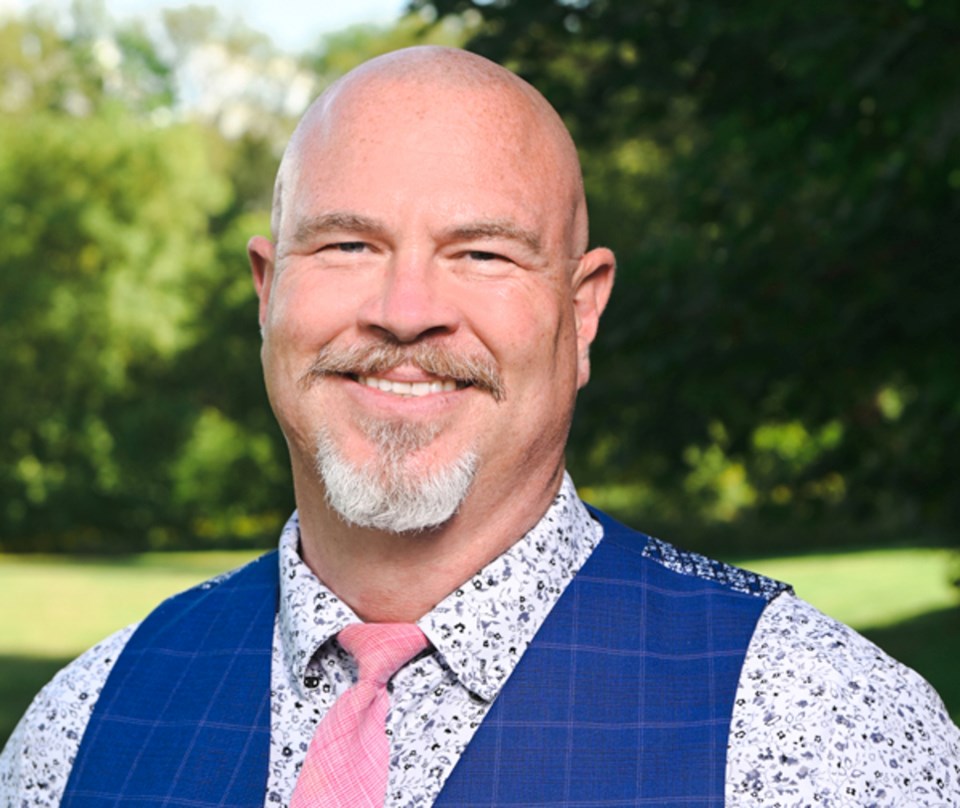As provincial and federal candidates put together recent budgets and made rounds this spring to find out what is top of mind for constituents, it is clear that affordability is front and centre for Canadians.
With the prices of groceries, gas, utilities, and housing skyrocketing with no end in sight, people are deeply concerned.
To afford housing in an ideal situation, where a maximum of 30 per cent of your household income is used toward housing, a household must make $100,000 a year to afford a one-bedroom apartment in the GTA, and $130,000 for a two bedroom.
However, the reality is a living wage of roughly $23/hour lands people with a salary of about $50,000 a year and, sadly, 15 per cent of Ontario residents receiving social assistance are provided between $7,000 to $12,000 annually.
Simply put, many people are finding housing FAR out of reach.
While it’s clear that income supports and housing benefits need to be addressed, the path forward also includes developing hundreds of thousands of new social housing units that are deeply affordable. A plan communities support and want to see more of, with a February 2023 poll by Mainstreet Research reporting that of the 1,701 adults surveyed in Toronto, 47 per cent voted too little housing was being built.
The bad news?
Although people support more housing being built, when asked if it should be built in their community 74 per cent said “No”.
This is called “NIMBY’, or “Not in my backyard”.
So why is it that people tend to understand the need for affordable housing and have empathy for people in need, but don’t want housing solutions in their communities? As recently demonstrated at a Town of Aurora public planning meeting discussing the Regional Municipality of York’s proposal for much needed new men’s emergency and transitional housing to be built in a wooded area on Yonge Street, it boils down to one thing.
Fear.
Fear of elevated crime levels, fear that property values will go down, fear that new residents won’t fit into the neighbourhood, and fear that the character of the community will be lost. According to the Ontario Human Rights Commission, these fears are not a reality.
Let’s break it down.
Crime. A Canadian study of 146 supportive housing sites concluded there is no statistically significant evidence that supportive housing led to increased rates of crimes. From more than 30 years of my personal experience, when individuals have a safe place to call home, they are less likely to commit a crime than if they are unhoused.
Property Values. Many studies on affordable housing, including one study based in Toronto, demonstrate there is no impact on housing values when supportive and transitional houses are added to the neighbourhood. In fact, in the Toronto study crime decreased and property values went up.
New residents won’t fit in. Here’s the thing, many people in need of affordable housing already reside in the community, living with family, in unsafe conditions, or unsuitable housing. If a community is to be truly inclusive, it must provide and welcome housing for everyone.
Character of the community. When supportive housing, both emergency and transitional is built, the builders must follow the same building codes, restrictions and design standards as all other housing built in the community. With this in mind, and with the goal of building dignified housing for all front and centre, it’s my experience that most supportive housing is designed and built beautifully and adds great character to the community.
With all of these myths exposed, our communities and our country must push through the fear if we are to meet the housing needs of this great nation and this great region, so that everyone can access their basic human right to housing.
Be part of the solution and embrace the reality that in order to end our current housing crisis, housing of all kinds might be built in your backyard.
Road Home is a regular monthly NewmarketToday column by Michael Braithwaite, CEO of Blue Door, York Region’s largest emergency housing provider, and a renowned leader and expert in the housing and homelessness sector. He is the host of the housing and homelessness podcast On The Way Home, board chair of the youth homelessness-focused organization A Way Home Canada, and a tireless advocate for people experiencing homelessness.


